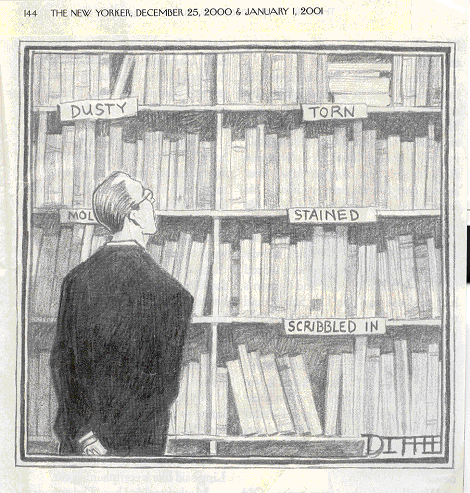Six books I'm excited to read
1. Malcolm Guite, Sounding the Seasons.
in the summer of 2009, when we partnered with Jeremy Begbie on behalf of the Center For Reconciliation's Summer Institute, I now read it weekly. His blog routinely teases us with one poem at a time. Now, thank God, we get the whole lot in one book. If ever there were poetry that was "good for food" and "pleasing to the ears," in the spirit of Donne and generous to a broad audience, it is Malcolm's. You'll certainly enjoy reading these on your own, but you'll enjoy them even more if you read them aloud with friends or, dare I say, from the pulpit on Sunday morning.
2. Marjorie Garber, Patronizing the Arts.
3. John Trapani, Jr., Poetry, Beauty, & Contemplation: The Complete Aesthetics of Jacques Maritain
If you want to understand the current relationship between Christianity and the arts, you need to understand the early twentieth-century French Catholic philosopher Jacques Maritain. The French ambassador to the Vatican from 1945-1948, he taught at the Institut Catholique de Paris, Columbia University, the University of Chicago, the University of Notre Dame and Princeton University, yet finished out his years as a member of the Little Brothers of Jesus in Toulouse, France. Perhaps more important than his impressive resume, he's arguably the single most influential thinker on Catholic artists of the late twentieth century (and perhaps Protestant ones too). Trapani offers a significant introduction to his life and work.
4. Robert Charles Wilson, Spin.
I recently finished Robert Charles Wilson's Bios. I immediately placed him at the top of my "interesting ideas and good writing" list, which unfortunately rarely characterizes works of speculative fiction. Spin won the Hugo Award for Best Novel in 2005, and after a hundred pages, I'm fully hooked.
5. Alan Fadling, An Unhurried Life: Following Jesus' Rhythms of Work and Rest.
Intervarsity Press has kindly put me on their "free books" list. This means, practically, that it feels like Christmas every time I receive a package with an "IVP" embossed on the top left. I've gotten everything from Crystal L. Downing, Changing Signs of Truth: A Christian Introduction to the Semiotics of Communication to Patty Kirk, The Easy Burden of Pleasing God to Living Without Enemies: Being Present in the Midst of Violence by Samuel Wells and Marcia Owen. Both Shapers of Christian Orthodoxy: Engaging with Early and Medieval Theologians (ed. by Bradley G. Green) and Are You Waiting for 'The One'?: Cultivating Realistic, Positive Expectations for Christian Marriage by Margaret and Dwight Peterson look intriguing. But the one book I'm most eager to read right is Alan Fadling's debut work. If book titles are marketing spells, capturing our attention before we've even had a chance to reason why, then a title like An Unhurried Life by an author I've never heard of wins the Hogwarts prize. I never tire, ironically perhaps, of reading books about "sabbath" rhythms of life.
6. John Calvin's New Testament Commentaries. I just bought the whole lot (for a steal of a price) and I'm looking forward to reading through the interstices of Calvin's thinking on the work of the Spirit to constitute the humanity of Christ and our own humanity too.
Here's, then, to a good summer of fun reading projects. If you've discovered any exceptional art-related books, I'd love to hear about them.








Comments
And I'm hoping your beard is still savage.
Jon: good to hear that, and thanks for saying hi.
My beard is still savage, you'll be glad to know. :)